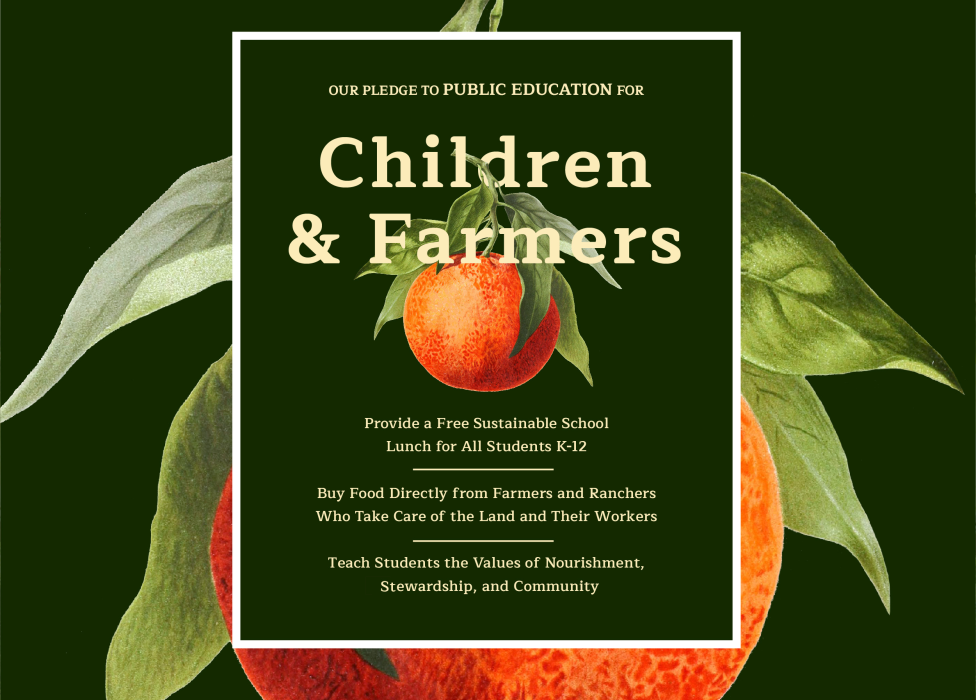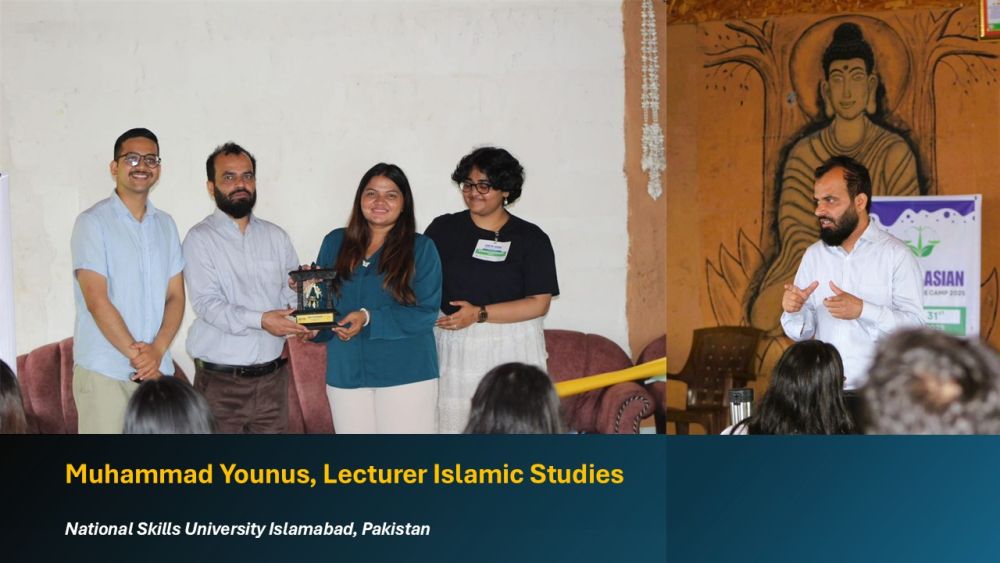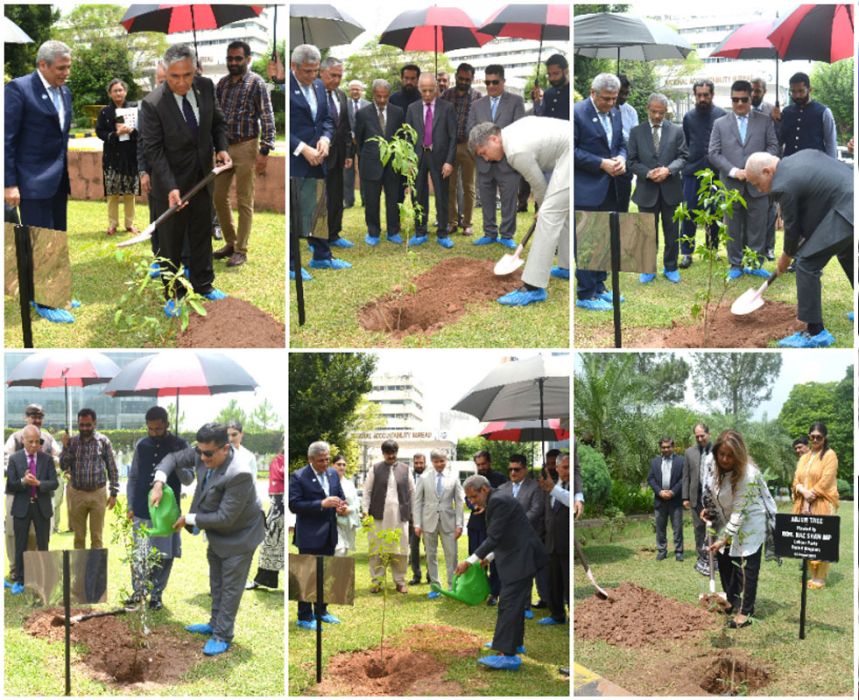21/25 The Classroom Is a Garden and It's Working: The Edible Schoolyard Project Revolution
Posted 6 months ago
Founded in 1995 by chef and activist Alice Waters, The Edible Schoolyard Project began with a bold vision: turn a vacant lot at Martin Luther King Jr. Middle School in Berkeley into a vibrant, 1‑acre organic garden and kitchen classroom, where students don't just observe, they grow, cook, and nurture food as part of their academic journey. A well designed curriculum take into consideration all these aspects.
Thirty years later, the movement has blossomed into a global phenomenon. With over 5,800 programs spanning 53 U.S. states and territories and 75+ countries, the Edible Schoolyard Network is at the forefront of edible education.
A Curriculum Rooted in Real Life
Their approach is radical yet elegant: "all learning is integrated." In the garden and kitchen, seeds of science, math, history, and culture flourish alongside kale and tomatoes. Through 62 hands-on lessons, students learn plant biology, fractions in cooking, and sustainability all by doing, tasting, and reflecting.
Pedagogically, the project champions equity, growth mindset, and sensory immersion, creating accessible, joyful environments where diverse learners thrive
Why It Matters
At the intersection of public health, climate action, and social equity, edible education plants seeds for lifelong wellness. Students graduate confidently in their ability to cook, steward the earth, and question food systems' transformational outcomes far beyond test scores.
Alice Waters calls it a "delicious revolution", and indeed it is. As political will moves toward doubling federal Farm-to-School funding, ESYP stands ready, with decades of proven impact and a vision far beyond the plate.
With integrated garden-kitchen programs in thousands of schools and growing annual educator training, The Edible Schoolyard Project isn't just teaching kids about food; it's redefining public education.
By rooting learning in soil, community, and nourishment, it cultivates not just produce but citizens who care for their bodies, their communities, and their planet.





